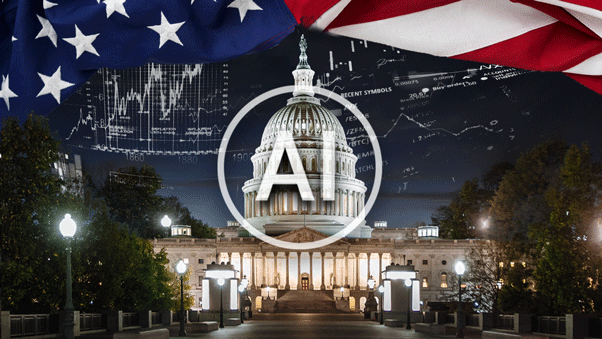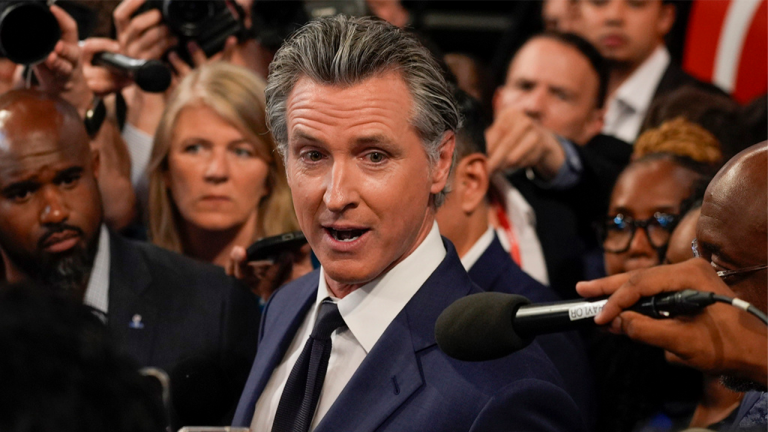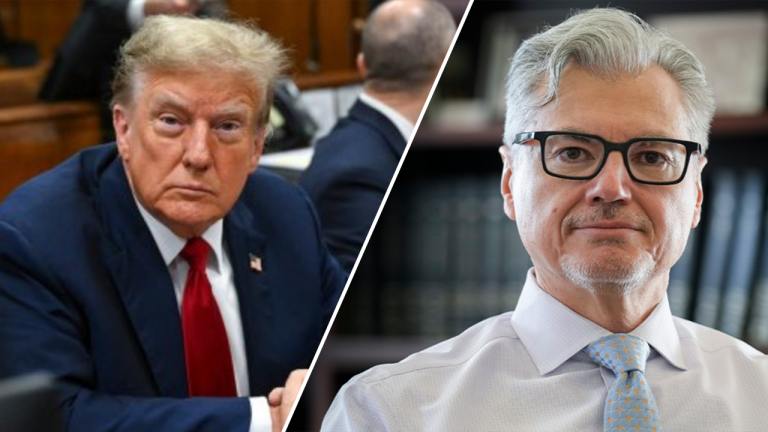House reconsiders push for big AI regulations
Artificial Intelligence (AI) legislation is a hot topic in Congress, with the House of Representatives currently not planning to tackle a large-scale framework for the industry this year. House Majority Leader Steve Scalise emphasized that there is no consensus on the matter at the moment. He believes that imposing new regulations and spending taxpayer dollars on what the private sector is already excelling at is unnecessary. Scalise advocates for a more targeted approach, pointing out that existing laws can address many of the current issues with AI without the need for extensive new regulations.
On the other hand, the Senate, led by Chuck Schumer, has proposed a comprehensive report recommending substantial annual spending on AI innovation. This conflicting approach between the House and the Senate reflects the divergence of opinions within Congress when it comes to regulating the AI industry.
Scalise expressed concerns about the Senate’s proposed regulations, arguing that they could hinder the industry’s growth and put the United States at a disadvantage compared to countries like China. He believes that overregulation is not the solution and could stifle innovation in AI, an area where the U.S. is a global leader.
Meanwhile, a bipartisan AI task force in the House is working on formulating policy recommendations for the rapidly evolving technology. While there may not be a consensus on large-scale regulations, Scalise hinted at the possibility of some narrow AI legislation that could address immediate concerns without imposing unnecessary burdens on developers.
Rep. French Hill echoed Scalise’s sentiments, advocating for a sector-by-sector evaluation of AI regulation rather than a sweeping, EU-style framework. This cautious approach aims to preserve innovation in the industry while addressing any pressing issues through targeted legislation.
AI legislation has become a bipartisan issue in Congress, with lawmakers recognizing the potential of AI in various sectors such as healthcare and defense technology. While concerns about deepfake content and scams persist, AI’s positive impact cannot be overlooked.
Overall, the debate over AI regulation in Congress reflects the complex landscape of emerging technologies and the need to strike a balance between innovation and oversight. As lawmakers continue to grapple with the best approach to AI legislation, the future of the industry remains uncertain but full of possibilities.








